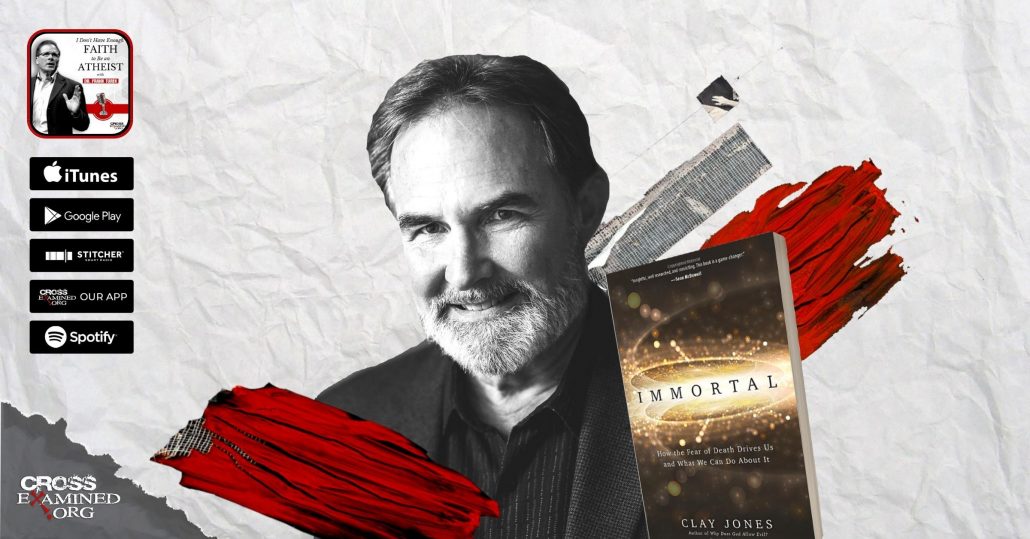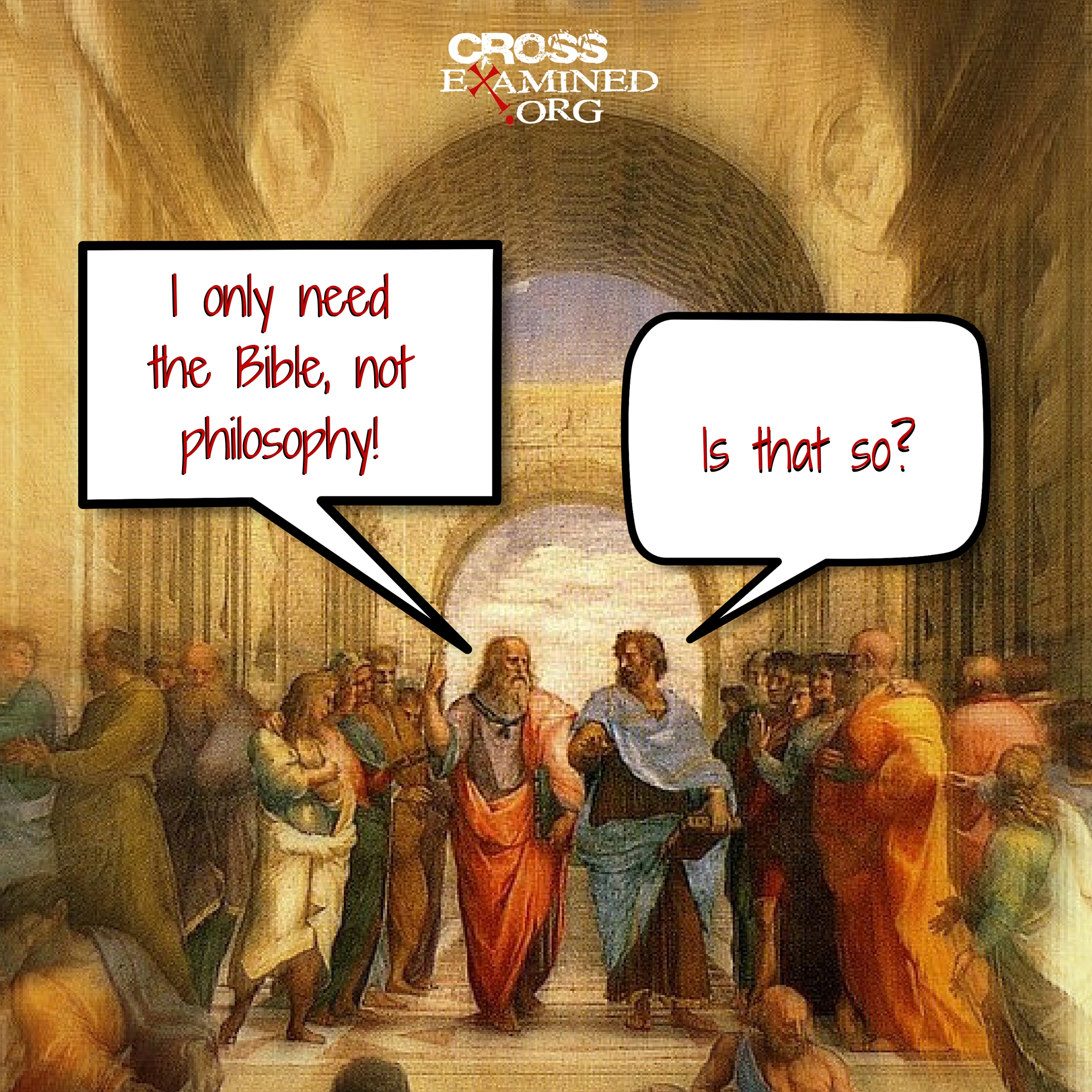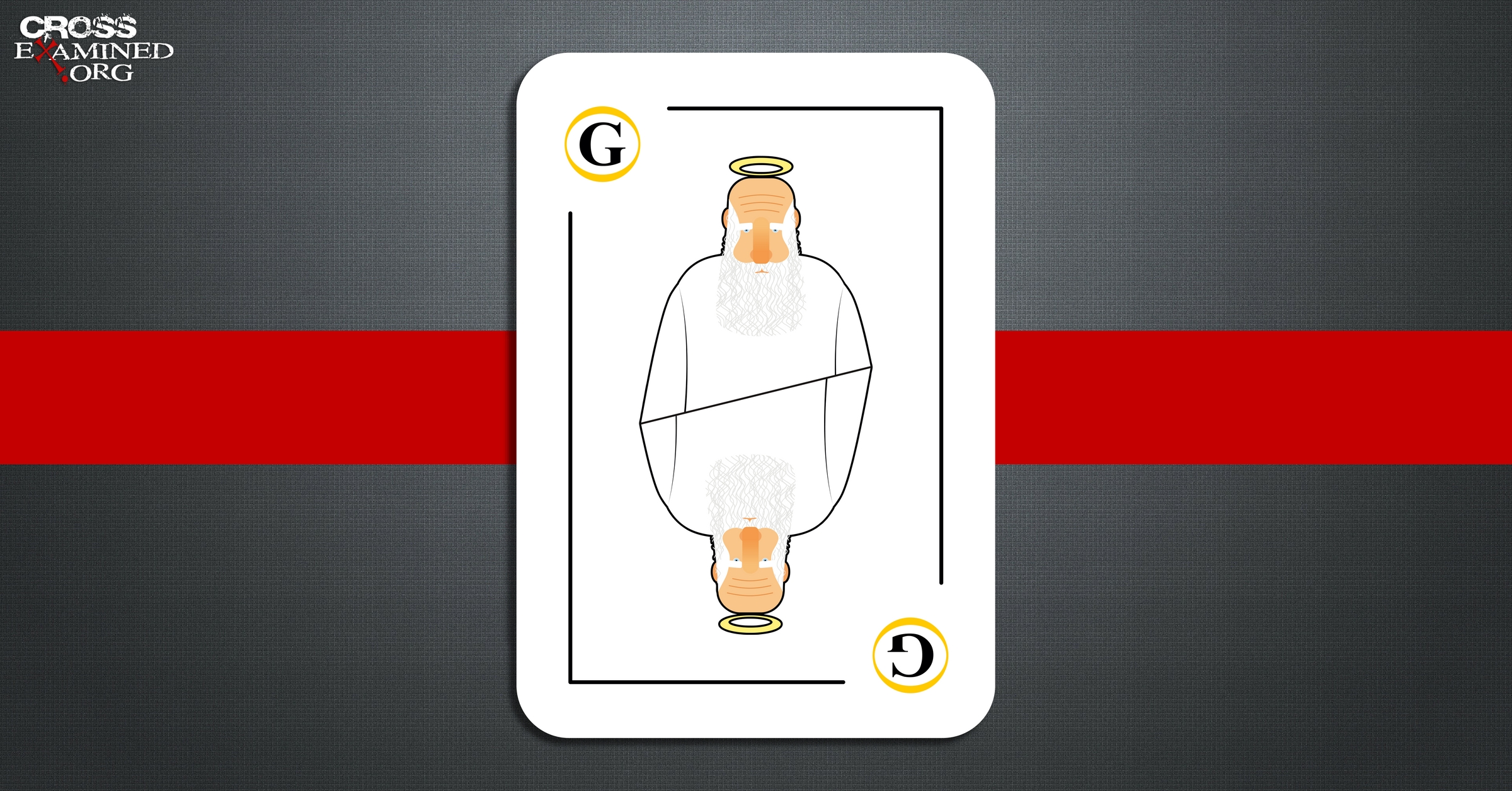Progressive Christianity is as Much of a Threat to Your Kids’ Faith as Atheism
By
In our backyard we used to have a beautiful lime tree.
One day I noticed that a thorny vine of some kind had started growing around it. It looked enough like the rest of the tree that I figured it was just another stage of growth. A quick Google search told me thorns often grow around citrus trees, so I didn’t think much more about it.
Then, within a couple of months, the thorns took over the tree and it began to die. A gardener looked at it and said these particular thorns weren’t part of the tree at all. It turns out they were a foreign invader.
Had the foreign invader looked more foreign, I would have realized the need to uproot it immediately. But because it shared surface-level similarities with the tree, I was fooled into thinking it was all the same thing.
I often write here about the threat hostile atheists pose to kids’ faith today. But atheism is not the only threat. In fact, there’s a particular threat that can be even more dangerous because it less obviously requires attention. It’s like the thorny plant that gradually killed my lime tree because I didn’t even realize it was foreign.
That threat is called progressive Christianity.
What is Progressive Christianity?
It can be hard to define progressive Christianity because it’s an umbrella term for a lot of different beliefs. But I think my friend and fellow blogger, Alisa Childers (who was once part of a progressive Christian church) hit the nail on the head when she summarized it this way in a recent post:
- A lowered view of the Bible
- Feelings are emphasized over facts
- Essential Christian doctrines are open for reinterpretation
- Historic terms are redefined
- The heart of the gospel message shifts from sin and redemption to social justice
Here’s the danger. To the untrained ear, the progressive Christian message can sound a lot like biblical Christianity. There’s talk of God, Jesus, the Bible, love, and compassion. If a child has never learned to think more deeply about theology and what the Bible actually teaches, they can easily mistake progressive Christianity for biblical Christianity.
And progressive Christianity often teaches an incomplete or false gospel.
Exhibit A: There’s a blog called Unfundamentalist Parenting that promotes parenting according to progressive Christian views. This Easter, the blog featured a guest post by a Children’s Pastor at a progressive Christian church. In her post, The Trouble with Easter: How To (and not to) Talk to Kids about Easter, the author expressed how difficult Easter is because she doesn’t want to teach the kids in her spiritual care that:
- Jesus died for you/your sins (this is “psychologically damaging”)
- God intended for Jesus to die (this is “confusing and jarring”)
- Jesus died to save them from God’s judgment (“an atonement theology of inborn corruption in need of redemption has no place in a conversation with kids about Easter”)
The whole article literally made my heart hurt.
Views like these are thorny, foreign invaders in the church.
Why Progressive Christians Don’t Like Apologetics
The Unfundamentalist Parenting blog recently featured another post that caught my eye: Why Your Children Do NOT Need Apologetics. (If you’re not familiar with the term, apologetics is the study of why there’s good reason to believe Christianity is true.) The post is filled with misunderstandings, but my purpose here is not to rebut it. Instead, I want to highlight why progressive Christians don’t like apologetics…and why that shows just how important the study of apologetics actually is.
The author bemoans the fact that apologetics “confines faith as doctrine,” explaining:
“Our faith is a dynamic experience that shifts and evolves for us and especially for a child growing leaps and bounds in their development. We cannot capture that experience and box it into a set of propositions to memorize and defend—that limits and denies the realities of the human experience.”
This statement says so much. The author is confused between the objective, unchanging truth of God and the subjective, changing experiences we have as we relate to God throughout our lives.
God and the truth He has revealed do not shift and evolve.
Our experiences shift and evolve, but that has nothing to do with what is true.
Teaching kids apologetics isn’t about putting their experiences in a “box.” To the contrary, apologetics is about stepping outside personal experience and examining what reason there is to believe Christianity is true regardless of our feelings.
If kids are only developing a faith based on “shifting and evolving” experiences, they have no way of knowing if their faith is well placed. I could have faith that a mouse will fly out of a tree right now, but that would be a bad thing to have faith in.
Faith, in and of itself, is no virtue.
It’s only as solid as the object of the faith.
The question is, how can we be confident that Jesus, as the object of Christian faith, is “solid”?
Apologetics.
Progressive Christians don’t like apologetics because it challenges them to think of biblical teachings in a category of objective truth—something we’re not free to change just because we happen to “experience” it in varied ways.
Two plus two equals four whether I experience difficulty with that or not.
Experience cannot be elevated over objective truth.
Progressive Christianity is Just One More Reason Your Kids and the Church at Large Desperately Need Apologetics
The study of apologetics is desperately needed for all Christians today, both for engaging with the secular world and, less obviously, for engaging with groups that teach an unbiblical version of Christianity.
But, for some reason, the church is still largely blind to this need.
Cold-Case homicide detective, apologist, and author J. Warner Wallace sees this all the time. He speaks nearly every week at churches and conferences across the country on the reliability of the Gospels, the reasonable inference of the resurrection, and the evidence for God’s existence. Wallace has the opportunity to engage with the spectrum of believers in a way that few others do.
What he’s found has been disappointing at best.
In his new book, Forensic Faith, Wallace says, “In many of these churches, the people I meet aren’t really interested in Christian ‘apologetics’…In fact, most are still completely unfamiliar with the word, and some even reject the value of such an effort. On more than one occasion, I’ve heard a well-meaning believer say something akin to, ‘Well, that’s nice, but I don’t really need any evidence. I just believe Christianity is true.”
In other words, Christians are largely unprepared to make the case for what they believe and many in the church still deny the need to be prepared in the first place.
The church is asleep.
And while the church sleeps, the secular world marches on, becoming increasingly hostile to the truth of Christianity, and thorny foreign invaders continue to grow within.
For that reason, I don’t think there’s a more important book for the church right now than Forensic Faith. In it, Wallace powerfully makes the case for the importance of apologetics for every Christian. It’s a wake up call to the sleeping church.
For those new to apologetics, it’s a perfect place to start. Wallace motivates you to take your Christian case-making duty seriously and shows you, step-by-step, what to do once you’ve accepted that duty.
For those who already understand the importance of apologetics, it’s the ultimate resource to share with fellow believers who need the understanding you have. It’s the book you can give to your small group members, pastors, children’s ministry leaders, and friends.
I pray this fantastic book will truly sweep through the church.
As Christian parents, we must continually be vigilant. Threats to our kids’ faith aren’t always as obvious as the freeway billboards proclaiming “There is No God.” Providing kids with a foundation of apologetics, however, will give them the training of a discerning gardener ready to identify and uproot any kind of invader that shouldn’t exist alongside biblical truth.
Original Blog Source: http://bit.ly/2szavjS












Leave a Reply
Want to join the discussion?Feel free to contribute!